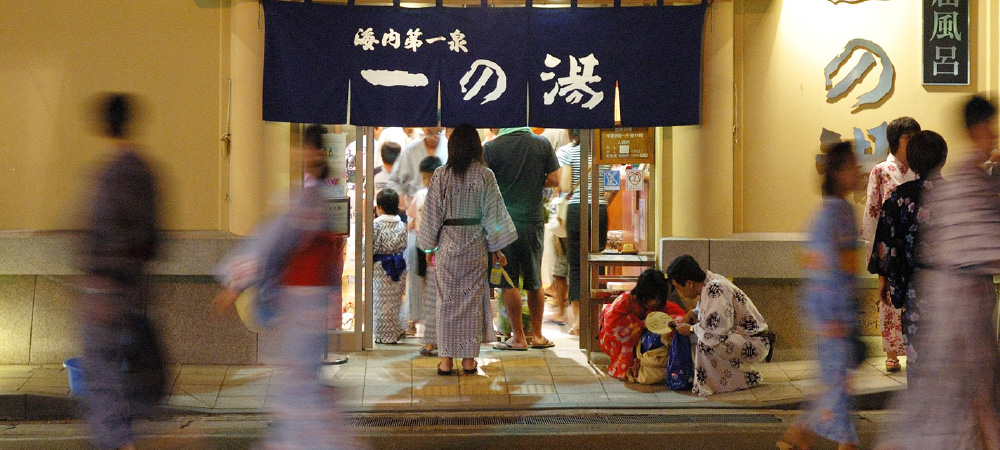Environment and Oriental White Stork friendly rice
Cultivation methods year round
Throughout Japan’s four distinct seasons, we continue to cultivate rice while creating a rich natural environment to support many types of animals. The Stork Natural Rice that is cultivated this way is popular for its rich aroma and plump grains.
Requirements for Stork Friendly Farming Methods
・No fertilizer during the cultivating season
・Management of drainage practice on rice paddies
・Rice paddy water depth control
This safe and wholesome rice is also popular abroad. It is being used in select American Japanese restaurants in the US, and is also retailed at major supermarkets in Hong Kong where it is loved by many.
Retail Locations
Stork Natural Rice can be purchased within and outside of Japan
-
Domestic
- JA Tajima “Jigomeya”(site is in Japanese)
San-a (Okinawa)
Itoyokado
Hankyu Oasis
-
International
-
USA
Los Angeles – TOIRO Kitchen
Honolulu – the rice factory
HONG KONG
Hong Kong – PARKnSHOP
Hong Kong – Tawaraya
TAIWAN
Taipei – Jaja ZEN NOH Taiwan
Taichung – Yumaowu
SINGAPORE
Singapore – Tawaraya
Singapore – MEIDIYA
AUSTRALIA
Sydney – Tokyo Mart
Melbourne – Fuji Mart
Brisbane – Fuji Mart
Gold Coast – Fuji Mart
Perth – Fuji Mart
SWITZERLAND
Geneva – UCHITOMI
FRANCE
Marseille – SAKURA BENTO
NETHERLANDS
Amsterdam – Atariya
Restaurants that serve Stork Natural Rice
-
Domestic
- Hotel Kinparo
-
International
-
Sydney – Shiki
Sydney – Raita Noda Chef’s Kitchen
Sydney – Toshiya
are just some of the places world wide serving Stork Natural Rice









Stork Natural Rice uses an environmentally friendly farming method that cultivates quality rice while nurturing various living creatures, but was originally created to support the Oriental White Storks’ revival. This farming method enforces agricultural laws that aim to enrich the culture, community, and environment; and to cultivate delicious rice and various creatures, including Oriental White Storks. It does not rely on agricultural chemicals and chemical fertilizers, making it healthy and safe for consumption.
Also, the way the fields are maintained is a little different from other rice growing methods. To help support the Oriental White Stork, the fields are flooded during the winter, and farmers use a method called “deep water management” which requires deeper water levels than general agricultural methods. The deeper water makes weeds less likely to sprout and, along with winter flooding, provides the Oriental White Stork with more food.